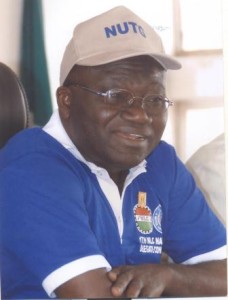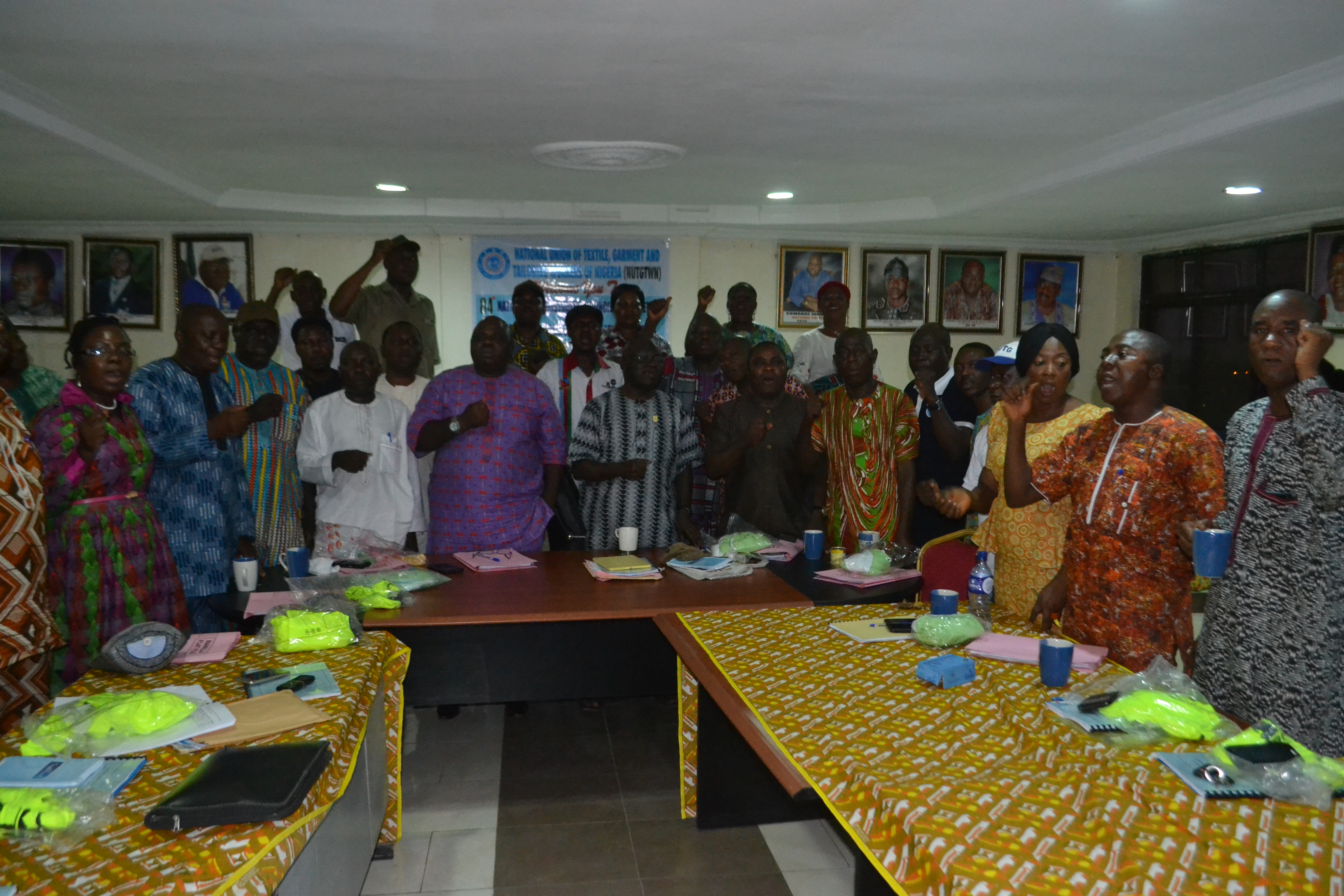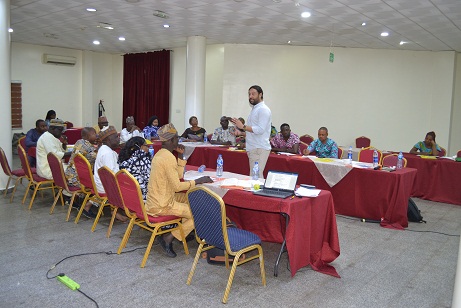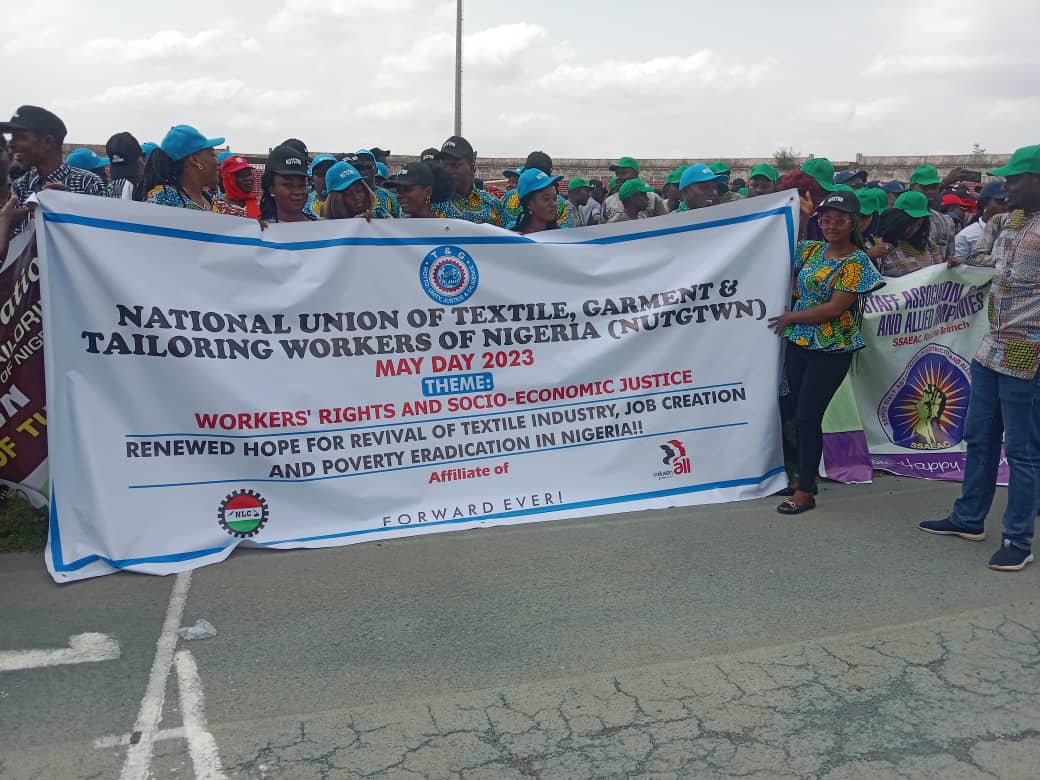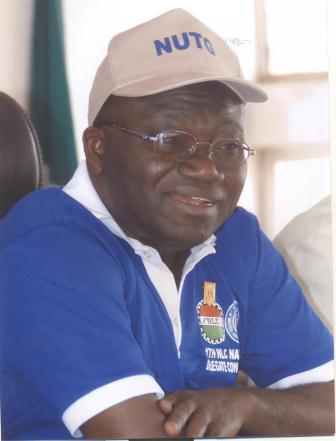
Precisely because yours comradely is involved, I bear witness that the National Pension Commission (PenCom) is a leading labour market institution to have come out of this democratic institution. To use the popular mantra; PenCom is truly “a democratic dividend” created by the Pension Reform Act 2004, (5years after return to democratic rule) PenCom has the mandate to “regulate, supervise and ensure the effective administration of pension matters in Nigeria”.
The commission will be 15 years next year. After more than a year-long of mass consultation and contestation with all the relevant stakeholders in the pension sector, (importantly with organized labour represented by NLC), Pension Reform Act 2004 was enacted by the 2nd National Assembly and signed into law by the then President Olusegun Obasanjo.
It was enacted on 25th June 2004 and came into effect on the 1st July 2004. The singular historic Act terminated the old moribund Public Service-operated hitherto unfunded Defined Benefits Scheme (DBS) characterized by inadequate and non-released annual budgets with attendant implications for pensioners in terms of delayed payments, pension arrears, subsequent pension diversions and pension deaths.
2004 Act compulsorily made both the employer and employee pay 7.5 percent of pay emoluments to Retirement Saving Accounts (RSA) managed by Pension Fund Administrator of employee choice. In line with the best global practice in which employer pays more than employee, 2014 Act amendment increased the contributory rates to 10 and 8 per cent for the employers and employees respectively. The point cannot be overstated; through robust public-private pension administration system, PenCom’s managed Contributory Defined Contribution Scheme (DCS) has dramatically changed the pension narrative for the better.
Before the Pension Act, the old scheme had pension deficit of about N2.3trillion naira in 2004. Today Net Assets Value (NAV) under the management of pension operators has progressively been on the increase; N2.9 trillion in 2012, N 4.61 trillion in December 2014, N5.3 trillion as at the end of 2015, to as much as N7. 4trillion in December 2017. The contributory pension scheme is strong on corporate governance arrangements that are radically different from the past mismanaged public sector schemes, the point PenCom should amplify more. National Pension Commission supervises the Pension Fund Administrators and Custodians. The successes recorded in the implementation of the CPS have resulted in a fully funded pension scheme that delivers on the promise of timely payment of retirement benefits to retirees, as opposed to the inefficiencies of the past.
The proportion of the assets to Nigeria’s GDP has also grown. The CPS has generated appreciable pool of long term investable funds for the first time in Nigeria making it a source of healthy but controversial development discourse. From licensed 26 Pension Fund Administrators (PFAs), at inception, 7 closed Pension Fund Administrators (CPFAs) and 5 Pension Fund Custodians (PFCs), it is presently reduced to 21 PFAs due to mergers and acquisitions. The number of registered contributors which stood at 6.02 million as at the end of March, 2014 has also increased to 7,710,564 workers in 2017, far from PenCom’s 20 million target contributors by 2019.
However pension matter is tremendous work in progress which then raises the question of challenges of corporate governance. For one in a dynamic market like pension market, PenCom must be active on data update. It must be loud and visible on pension matters as much as CBN is on money matters. The commission has produced two substantive Director Generals. First is Mr Muhammed K. Ahmad the pioneer DG from 2004 to 2012. MK (fondly called in the industry!) commendably laid the foundation with pioneer chairmen: Fola Adeola and late Chief Oluwole Adeosun and great pioneer four commissioners and commission secretary/legal adviser.
It was to MK’s credit that through quite but effective engagement Pencom made hitherto reluctant private sector employers and private sector unions get bought into the new Contributory defined contribution scheme. Very few private and public chief executives could be as quietly effective as MK. The second Director General, Mrs. Chinelo Anohu-Amazu, 2014 to 2017, who also doubles as the pioneer commission secretary, is part of the success story at inception. One of her achievements was the amendment of the Pension Reform Act in 2014. Not without its controversy especially with the age experience of the Director General but was an Act of the parliament nonetheless.
Significantly, the amended Act also expanded the scope of coverage to include the informal sector, tightened sanction for non-compliance and reviewed upward the rates of contribution making the rates equitable with employers paying more than the workers.
Equally, PenCom shored up the Retirement Savings Accounts (RSAs) subscriptions from 5.39 million to 6.89 million within a period of three years. There was also a successful establishment of PENCOM offices in the six geopolitical zones to make the office easily accessible to workers for enquiries rather than traveling to Abuja. Currently Mrs. Aisha Dahiru-Umar is the acting Director General (Ag DG) a senior most insider in her own right. Mrs Aisha has been commendably managing the commission despite the challenges of limited authority. More than once now she has spiritedly risen to defend the pension reform against predatory ill-informed private members bills in the National Assembly.
Controversy still trails the appointments of substantive DG and chairman of the board yet to be confirmed by the senate with all the attendant implications for the nascent pension industry. As a contributor to the Compulsory Pension Scheme (CPS), and an Interim Chairman of a PFA, First Guarantee Pension’s (which Pencom commendably rescued) my interest on the developments in pension industry is a total commitment. It’s time there was a substantive DG for the commission. How long can Aisha Dahir-Umar act before confirmation? Also devil is in the details of the termination of the appointments that cut short legally prescribed tenures of Mrs. Chinelo Anohu-Amazu, former Director General and some commissioners. Will the President revisit these terminations? If there should be new appointments, Pencom is not short of tested in-house various heads of department who are in their own rights with necessary experiences qualified as commissioners. One of the core values of Pencom is proactivity. Federal government should proactively fill Pencom vacancies so that Pencom can in-turn with its dedicated staff throughout the country proactively deliver improved services to millions of real and potential pensioners.

